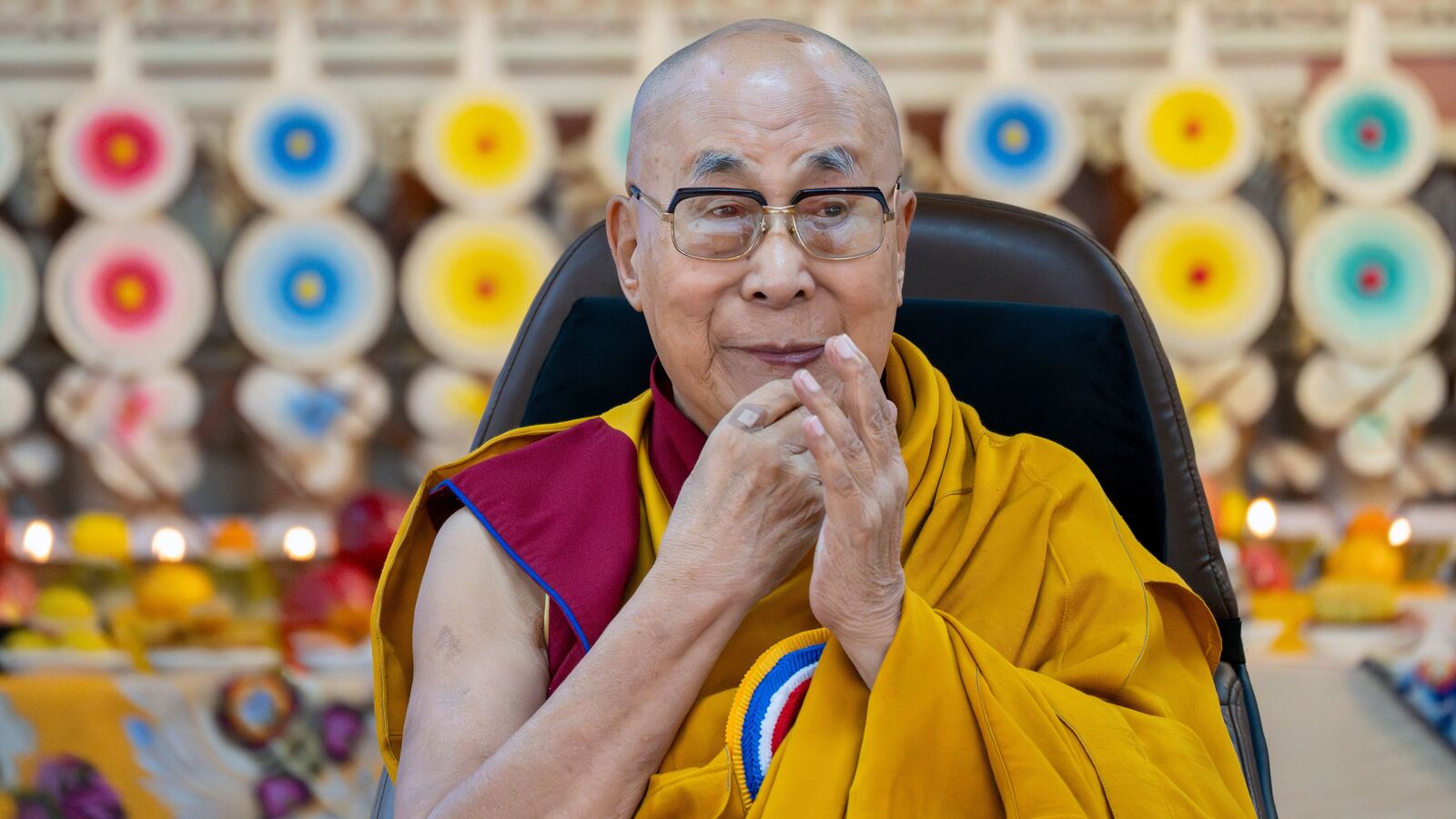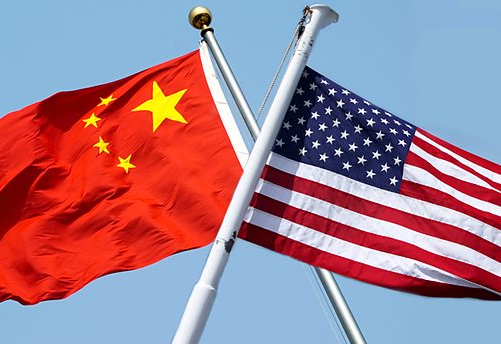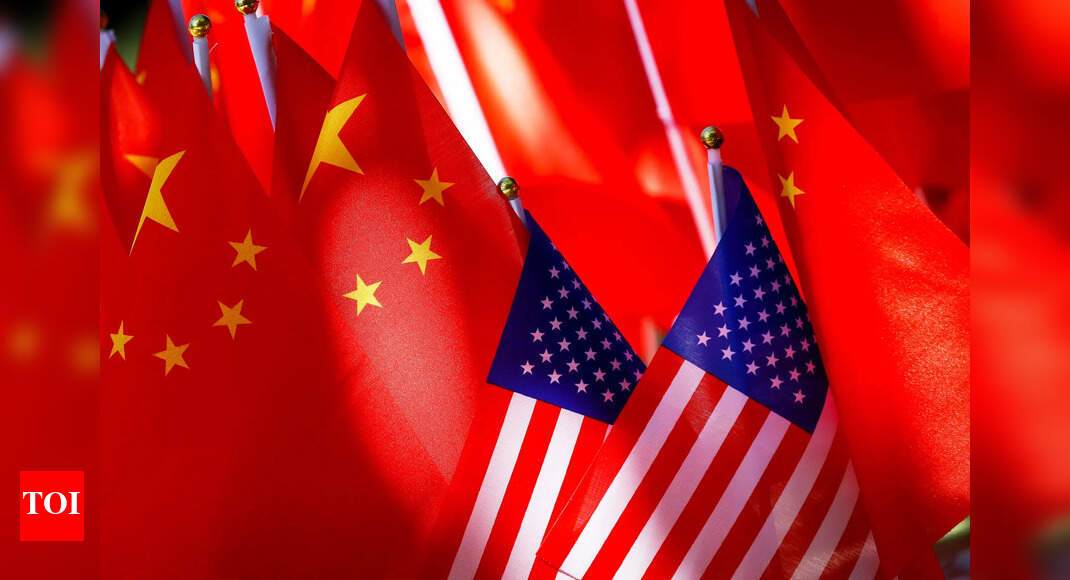The Dalai Lama has announced that his reincarnation and successor will be chosen without any role from China’s Communist Party. This decision goes against Beijing’s past claims of control over the process.
While the Dalai Lama has confirmed he will reincarnate, he did not say when or where. His video statement was shown to senior monks in Dharamshala. The Dalai Lama currently lives in McLeod Ganj, Dharamshala, in Himachal Pradesh.
“I hereby reiterate that the Gaden Phodrang Trust has sole authority to recognise the future reincarnation; no one else has any such authority to interfere in this matter,” the spiritual leader said in his statement.
Now, China is likely to get offended by the Dalai Lama’s strong statement. Beijing has long tried to influence Tibetan religious matters.
The Dalai Lama earlier said he would speak about his successor around his 90th birthday. On July 6, the 14th Dalai Lama will turn 90.
However, the issue has been debated for decades. Chosen as the 13th Dalai Lama’s reincarnation as a baby, he became the leader in 1939 when Tibet was free from China. However, the Chinese army took control in 1950.
The Dalai Lama first worked with Mao Zedong, the legendary leader of the Chinese Communist Party. Later, after a 1959 uprising, the religious leader fled to India.
In 1995, 6-year-old Gedhun Choekyi Nyima was recognised by the 14th Dalai Lama as the 11th Panchen Lama, the second most important spiritual leader in Tibetan Buddhism.
Three days after the selection, the Chinese government took Gedhun Choekyi Nyima and his family into custody. Nobody has seen or heard of them ever since. China picked its own Panchen Lama, Gyaincain Norbu.
The Chinese Communist Party wants its members to be atheists though this rule is often ignored. At the same time, it insists on controlling top religious leaders.
China dismisses the Dalai Lama’s right to choose
Earlier this week, Xinhua promoted the old “golden urn” method to choose new lamas. Qing emperors used the method to control Tibet from 1720.
An editorial by the Chinese state media strongly opposed the Dalai Lama’s right to choose his successor.
“The reincarnation of Tibetan Buddhist Living Buddhas has never been decided by reincarnated individuals. This principle applies particularly to the Dalai Lama reincarnation lineage,” Xinhua wrote on July 2.
“The reincarnation of Living Buddhas is by no means merely an internal religious matter, nor is it solely the “unique predestined bond” claimed by the 14th Dalai Lama,” it added.


